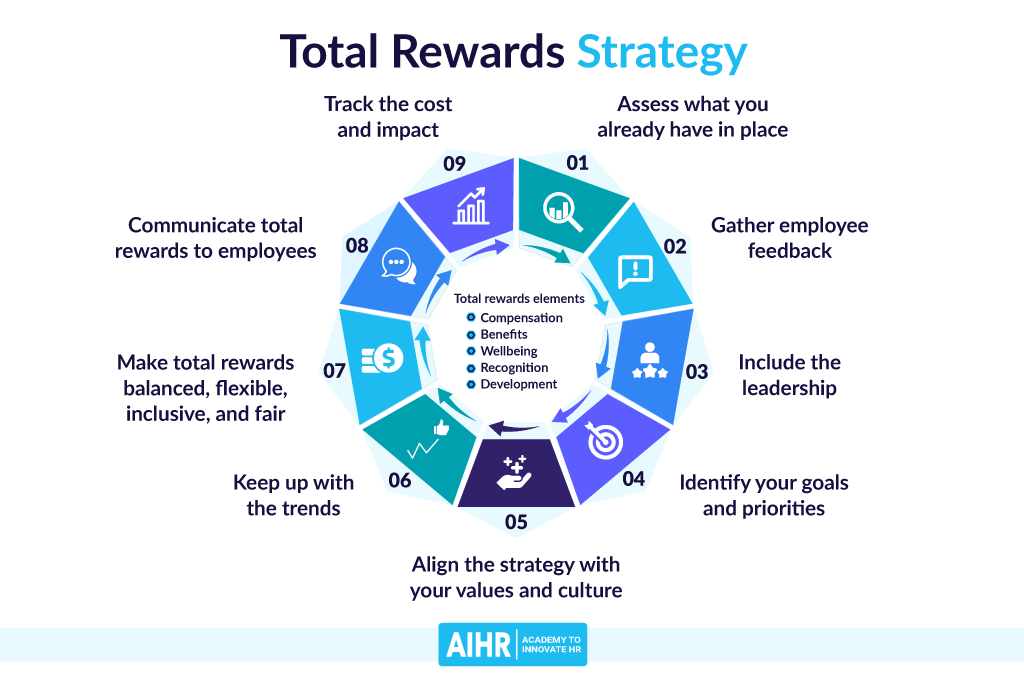As of June 30, 2020, United States investment management advisors and broker-dealers must comply with the principal-based Regulation Best Interest (Reg BI). Investment management companies have had difficulty with implementing appropriate programs due to the nature of a principal-based rule versus a rule-based rule. Reg BI differs from other typical U.S. regulations, making it a challenge to effectively administer. Now, two years later, companies are still struggling with applying the regulation and setting up the necessary infrastructure, supervision, control structure, and documentation to evidence compliance with the rule. In response, the Securities and Exchange Commission (SEC) issued a staff bulletin on broker-dealer conflicts of interest to answer some frequently asked questions. Here are our highlights:
Identifying Broker-Dealer Conflicts of Interest
Broker-dealers and investment advisors have at least some conflicts of interest with clients due to their financial structures. Financial conflicts of interest can arise from circumstances including:
- A company’s or its affiliates’ revenue stream is based on fees or charges tied to assets under management (AUM), commissions, or markups.
- Financial professionals at the company are compensated based on quotas, AUM, and other metrics.
- Gifts to the company or its financial professionals from third parties that may create bias.
The company must implement the following mechanisms to identify such conflicts:
Create or modify policies and procedures that clearly define conflicts of interest relevant to how the company operates.
Establish a process to identify conflicts of interest and regularly review for new/changed conflicts of interest.
Establish training programs that cover applicable areas for your company and define employees’ roles and responsibilities related to identifying and reporting financial conflicts of interest.
Reducing and Mitigating Broker-Dealer Conflicts of Interest
To comply with Reg BI and protect consumers, companies must reduce any conflicts of interest that will prevent them from acting in the best interest of their clients. Sometimes this is easier said than done.
One of the most difficult areas to manage potential conflicts of interest may be within your compensation plan for financial professionals. Financial conflicts of interest can present a challenge when motivating your employees and protecting your customers. Therefore, it is important to periodically review your compensation program and client impact to ensure the two are aligned in providing the desired outcome. This presents another element that you need to balance within your overall compensation strategy.
In addition to establishing and monitoring your compensation strategy, companies should continue to analyze their client offerings and investment strategy to maintain focus on:
- Adequately handling promotion of proprietary products.
- Internal training and client appropriateness of complex securities and investments that are recommended.
- Periodic product review to evaluate suitability, especially of “preferred lists.”
Finally, it is critical that there are repercussions, including financial penalties for employees who fail to comply with the established program. Furthermore, employees who raise concerns about others’ activities should not be punished.
Disclosing Conflicts of Interest
The obligations related to disclosures are stated at a high level within the rule. The recent staff bulletin does a nice job of clarifying specifics related to difficult disclosure concepts including:
- Proprietary products
- Third-party compensation
- Wrap fee programs
Each area lists multiple factors to consider including the detail that should be provided within the disclosure. The bulletin also provides a solid background to create a checklist that ensures your disclosures are complete and accurate.
Conclusion
The grace period for instituting these requirements has passed and it’s important that your company has set up an initial program including ongoing compliance with Reg BI.
Learn More
